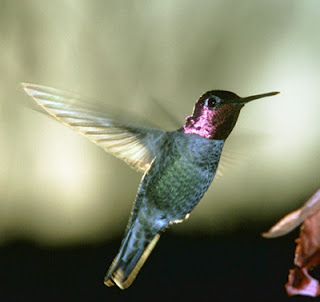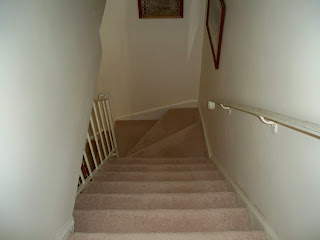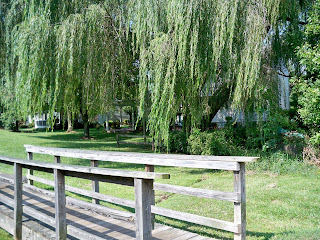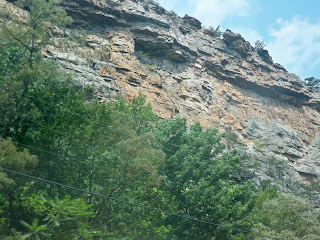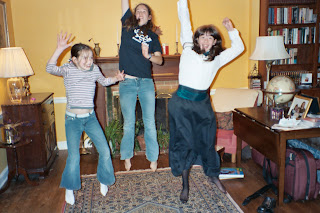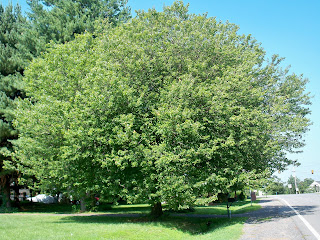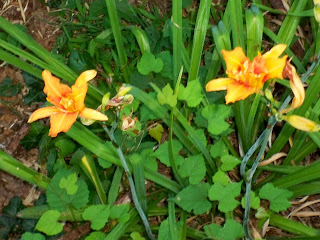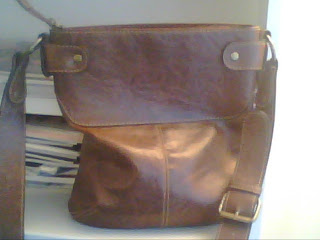Ride On
Yesterday we rode our bikes farther than we thought we would. It was cool and the air had a tang to it so we pedaled past Vienna, across the Capital Beltway (such a feeling to cross that monster road on a pedestrian bridge), almost to Falls Church.
For the first part of the route the wind was at our backs and the path was mostly downhill. We were flying. I found myself dreading the uphill climb back home. A moment of insight, then: To try and take the road as it came, not to worry in advance about the hard parts, but just to suck in my gut, push harder and tackle them as they came.
It worked, sort of. The ride was pleasant all the way. Only when it was over (and today) have my muscles talked back.
